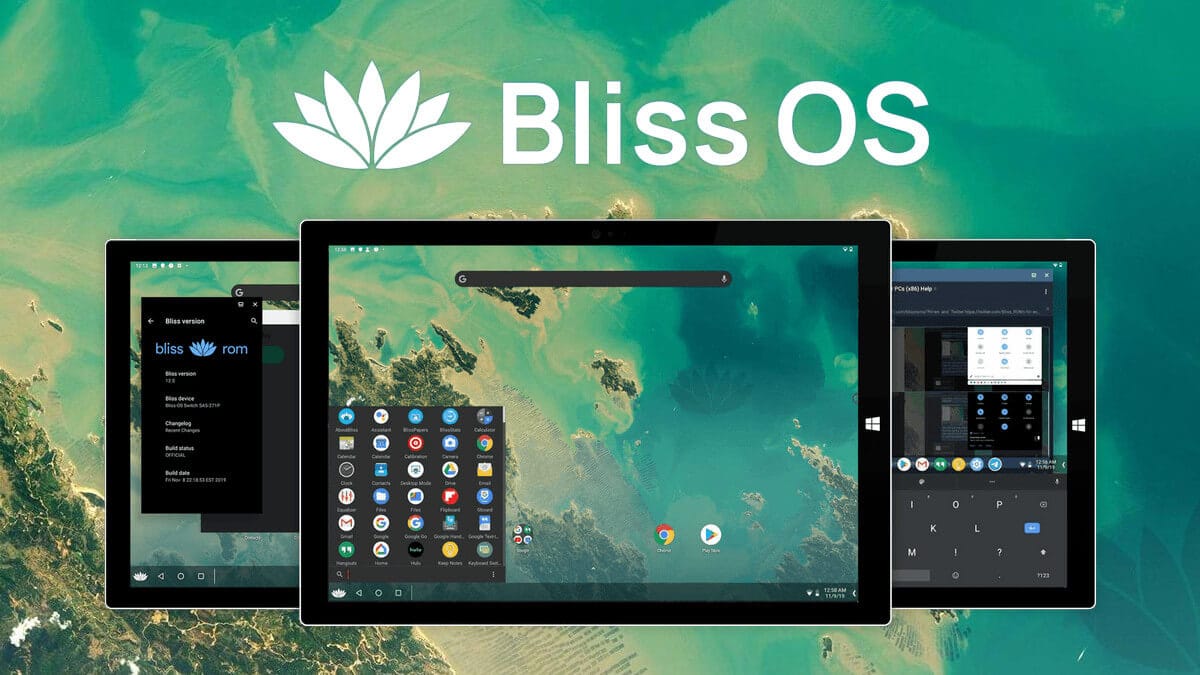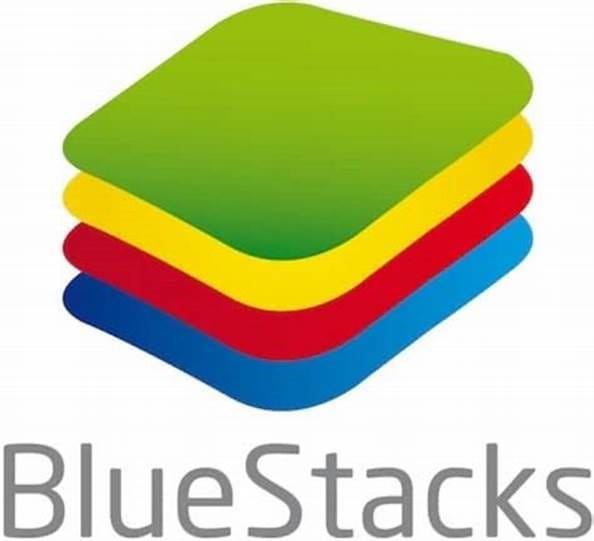4 min to read
Android Emulators Without Virtualization: Best Options for PCs
Android emulation technology facilitates the execution of Android applications on personal computers, offering a versatile bridge between mobile and desktop computational environments. Conventional emulation frameworks predominantly rely on virtualization to optimize performance by leveraging hardware acceleration. However, various circumstances necessitate the exploration of alternatives devoid of virtualization dependency. This discourse examines the architectural underpinnings, performance
Android emulation technology facilitates the execution of Android applications on personal computers, offering a versatile bridge between mobile and desktop computational environments.
Conventional emulation frameworks predominantly rely on virtualization to optimize performance by leveraging hardware acceleration. However, various circumstances necessitate the exploration of alternatives devoid of virtualization dependency.
This discourse examines the architectural underpinnings, performance constraints, and strategic implementation of Android emulators that operate independently of virtualization technologies.
Rationale for Non-Virtualized Emulation
Virtualization enhances computational efficiency by enabling direct access to hardware resources. Nonetheless, several systemic and environmental constraints preclude its implementation, prompting the necessity for emulation solutions that operate autonomously.
The primary impediments to virtualization adoption include:
- Hardware Limitations: Legacy processors lacking Intel VT-x or AMD-V extensions preclude the enablement of hardware-assisted virtualization.
- System Policy Constraints: Organizational security policies may enforce the deactivation of virtualization features to mitigate hypervisor-related vulnerabilities.
- Ease of Deployment: Emulators that bypass virtualization mechanisms exhibit reduced installation complexity and greater compatibility with diverse system architectures.
- Performance Optimization for Low-End Systems: Non-virtualized emulators often incorporate lightweight frameworks that optimize performance for computationally constrained environments.
Comparative Evaluation of Android Emulators Exempt from Virtualization
1. Bliss OS

Bliss OS is an open-source Android operating system tailored for PC deployment. Unlike conventional emulators, it circumvents virtualization dependency by facilitating direct installation as a native partition or through live booting from external storage devices.
Key Architectural Features:
- Supports Android 11 and 12L (stable), with Android 13 in beta development.
- Implements a desktop-centric UI paradigm with taskbar integration and multi-window functionality.
- Engineered for optimal execution on outdated or constrained hardware.
- Facilitates direct APK installation and provides Google Play Store access.
Advantages:
- Fully open-source and customizable.
- Deployable via live USB or dedicated disk partition.
- Optimized for streamlined performance without reliance on hardware-assisted virtualization.
Limitations:
- Installation necessitates advanced technical proficiency.
- Susceptible to stability inconsistencies inherent in non-virtualized environments.
2. PrimeOS

PrimeOS exhibits structural parallels to Bliss OS but is explicitly engineered for gaming applications. Its partition-based installation negates the necessity for hypervisor-assisted virtualization.
Distinctive Attributes:
- Operates on an Android 11 framework.
- Embeds advanced gaming optimizations, including keyboard mapping, gamepad integration, and macro scripting capabilities.
- Emulates a desktop-like interface with robust multitasking support.
Advantages:
- Free and publicly accessible.
- Optimized for latency reduction and real-time gaming responsiveness.
- Simplified installation facilitated by an EXE-based deployment mechanism.
Limitations:
- Requires independent booting into the OS, thereby limiting seamless switching between native and emulated environments.
- Potential compatibility discrepancies with legacy hardware configurations.
3. NoxPlayer

NoxPlayer represents a widely utilized Android emulation framework capable of executing in a non-virtualized configuration under specific constraints.
Salient Features:
- Compatible with Android 9 (stable) and Android 12 (beta).
- Integrates advanced customization tools, including macro recording and multi-instance execution.
- Offers comprehensive Google Play Store accessibility alongside direct APK sideloading functionalities.
Advantages:
- Minimal configuration requirements facilitate expedited deployment.
- Actively supported by a robust developer community.
- Gaming-oriented functionalities optimize interactive media applications.
Limitations:
- Performance degradation is evident on hardware lacking robust processing capabilities.
- Free-tier licensing includes advertisements unless upgraded to a premium plan.
4. Bluestacks

Bluestacks remains a prominent Android emulator that, when meticulously configured, can sustain operability in the absence of virtualization support.
Technical Specifications:
- Utilizes an Android 7.1.2 Nougat core.
- Implements multi-instance functionality, facilitating parallel execution of applications.
- Embedded recording utilities enhance compatibility for content creation workflows.
Advantages:
- Simplified installation procedure minimizes deployment barriers.
- Supports concurrent execution of multiple applications within distinct instances.
- Suitable for productivity-centric and gaming-oriented use cases.
Limitations:
- Computationally intensive, leading to potential performance bottlenecks on resource-constrained systems.
- Compatibility limitations with the latest Android iterations.
5. KoPlayer

KoPlayer is engineered to function independently of hardware-assisted virtualization while maintaining a lightweight computational footprint.
Defining Characteristics:
- Based on an Android 4 architecture, restricting applicability to legacy applications.
- Supports external peripheral integration, including keyboard mapping and gamepad configurations.
- Embeds a rudimentary screenshot capture toolset.
Advantages:
- Efficient resource utilization renders it suitable for lower-end systems.
- Simplified UI enhances usability for novice users.
Limitations:
- Outmoded Android version constrains application compatibility.
- Lacks advanced features prevalent in more sophisticated emulation platforms.
Strategic Considerations for Emulator Selection
The selection of an appropriate emulator hinges upon a precise alignment with user requirements:
- Gaming Optimization: NoxPlayer and PrimeOS provide advanced gaming-specific enhancements.
- Low-System Resource Adaptability: Bliss OS and KoPlayer offer optimized execution for older hardware architectures.
- Streamlined Installation: Bluestacks is advantageous for users prioritizing ease of deployment.
- Extensive Customization: Bliss OS provides robust configurability, catering to diverse user preferences.
Optimization Strategies for Non-Virtualized Emulators
To ensure optimal performance in the absence of virtualization, the following best practices should be adopted:
- System Compatibility Verification: Assess CPU and RAM specifications prior to installation.
- Resource Optimization:
- Adjust graphical parameters to mitigate computational overhead.
- Minimize concurrent background processes to allocate system resources efficiently.
- Driver Updates: Maintain up-to-date GPU drivers to optimize rendering performance.
- Partition-Based Deployment:
- Utilize tools such as Rufus to configure bootable USB installations.
- Adhere to best practices to prevent inadvertent data loss during partition creation.
Conclusion
Android emulation without virtualization constitutes an indispensable alternative for users constrained by hardware limitations or security policies that restrict hypervisor utilization.
Emulation solutions such as Bliss OS, PrimeOS, NoxPlayer, Bluestacks, and KoPlayer address diverse operational needs encompassing gaming, productivity, and application testing.
A nuanced understanding of their architectural design, performance trade-offs, and implementation methodologies enables users to make informed decisions aligning with their specific requirements.
By leveraging non-virtualized emulation frameworks, users can circumvent hardware dependencies while maintaining seamless functionality across varying computational environments, thereby extending the utility of Android applications beyond native mobile infrastructures.
🚀 Try Codersera Free for 7 Days
Connect with top remote developers instantly. No commitment, no risk.
Tags
Trending Blogs
Discover our most popular articles and guides
10 Best Emulators Without VT and Graphics Card: A Complete Guide for Low-End PCs
Running Android emulators on low-end PCs—especially those without Virtualization Technology (VT) or a dedicated graphics card—can be a challenge. Many popular emulators rely on hardware acceleration and virtualization to deliver smooth performance.
Android Emulator Online Browser Free
The demand for Android emulation has soared as users and developers seek flexible ways to run Android apps and games without a physical device. Online Android emulators, accessible directly through a web browser.
Free iPhone Emulators Online: A Comprehensive Guide
Discover the best free iPhone emulators that work online without downloads. Test iOS apps and games directly in your browser.
10 Best Android Emulators for PC Without Virtualization Technology (VT)
Top Android emulators optimized for gaming performance. Run mobile games smoothly on PC with these powerful emulators.
Gemma 3 vs Qwen 3: In-Depth Comparison of Two Leading Open-Source LLMs
The rapid evolution of large language models (LLMs) has brought forth a new generation of open-source AI models that are more powerful, efficient, and versatile than ever.
ApkOnline: The Android Online Emulator
ApkOnline is a cloud-based Android emulator that allows users to run Android apps and APK files directly from their web browsers, eliminating the need for physical devices or complex software installations.
Best Free Online Android Emulators
Choosing the right Android emulator can transform your experience—whether you're a gamer, developer, or just want to run your favorite mobile apps on a bigger screen.
Gemma 3 vs Qwen 3: In-Depth Comparison of Two Leading Open-Source LLMs
The rapid evolution of large language models (LLMs) has brought forth a new generation of open-source AI models that are more powerful, efficient, and versatile than ever.